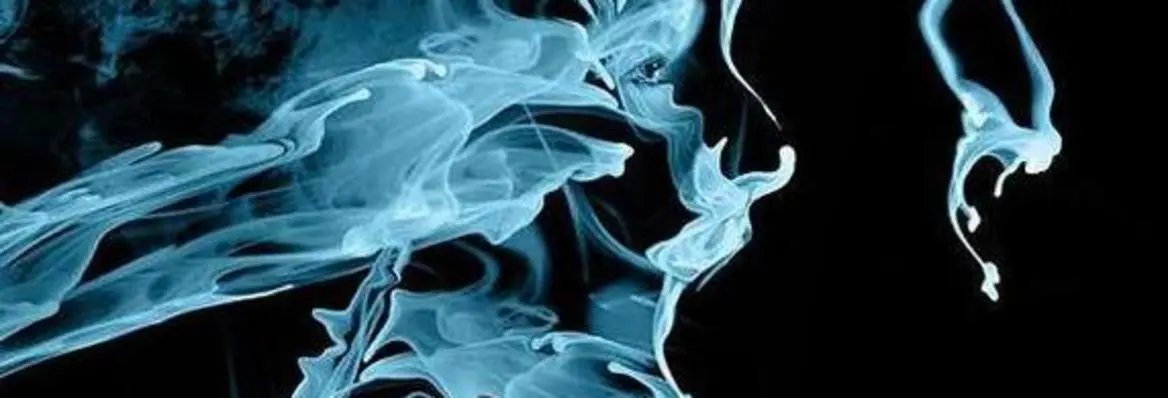The negligent student of biology will be forgiven for thinking individual survival is the only naturally prescribed goal. The anomaly of constitutionally communal species aside—ants, bees, and the like—the replicating unit is the single animal, compelled to interact with its kin only by the necessity of procreation and, for some, the expediency of collaborative hunting or defence. Even then, others seem merely instrumental, adopted and discarded as individual goals dictate. Examples of sacrifice, say, in the animal kingdom are seen as either aberrations or illusory anthropomorphizing. Our biological selfishness is inescapable, we are told, for it is itself the product of another: the selfishness of genes, competing in evolution's lawless market.
What is it, then, that makes us “kind”, “considerate”, “sympathetic”, “humane”? The traditional view is that these characteristics develop in spite of biology not because of it, the outcome of social forces operating outside its domain. The resultant dualism is palliated by talk of “emergence”, the notion of a humanity built on biology but somehow, mysteriously, emancipated from it, like a house-reared slave risen to overcome his master. A few obvious issues of causality aside, this idea makes the apex of biology—mankind—its denial, its final loss of control. You have to be very naive to believe biology could be that stupid.
So finding a biological substrate of empathy would be a “disruptive” advance, to use the contemporary jargon. We have known for some time that destroying someone's prefrontal cortex can make him callous, but only amongst enough other defects of character to make the relation too non-specific. What we need is a clear “neural signature” of empathy, one that identifies the fundamental biological mechanism of its operation. This is what Rizzolatti and his colleagues imagined they had found when they came across a population of neurons in a monkey’s premotor cortex with a peculiar pattern of activity. The neurons fired when the monkey performed a certain movement but also when it viewed another doing the same thing. These “mirror neurons”, as they came to be known, seemed to provide the identity link between my actions and yours, and by extension my intentions and yours. Understanding others is then easily explained, in Rizzolatti's words:
“The proposed mechanism is rather simple. Each time an individual sees an action done by another individual, neurons that represent that action are activated in the observer’s pre-motor cortex. This automatically induced, motor representation of the observed action corresponds to that which is spontaneously generated during active action and whose outcome is known to the acting individual. Thus, the mirror-neuron system transforms visual information into knowledge.”
The appeal of so beautifully simple an idea is hard to deny. And very few have, especially those in the humanities hungry for neuroscience at least vaguely relatable to the human condition. So more has been written about these neurons in the non-neuroscientific press than perhaps any other. But if there is one rule about the brain, it is that any simple idea of its operation is likely to be wrong. Look carefully and you will see all the magic here is illusory - not Jesus, but his profile on a piece of toast.















Join the conversation